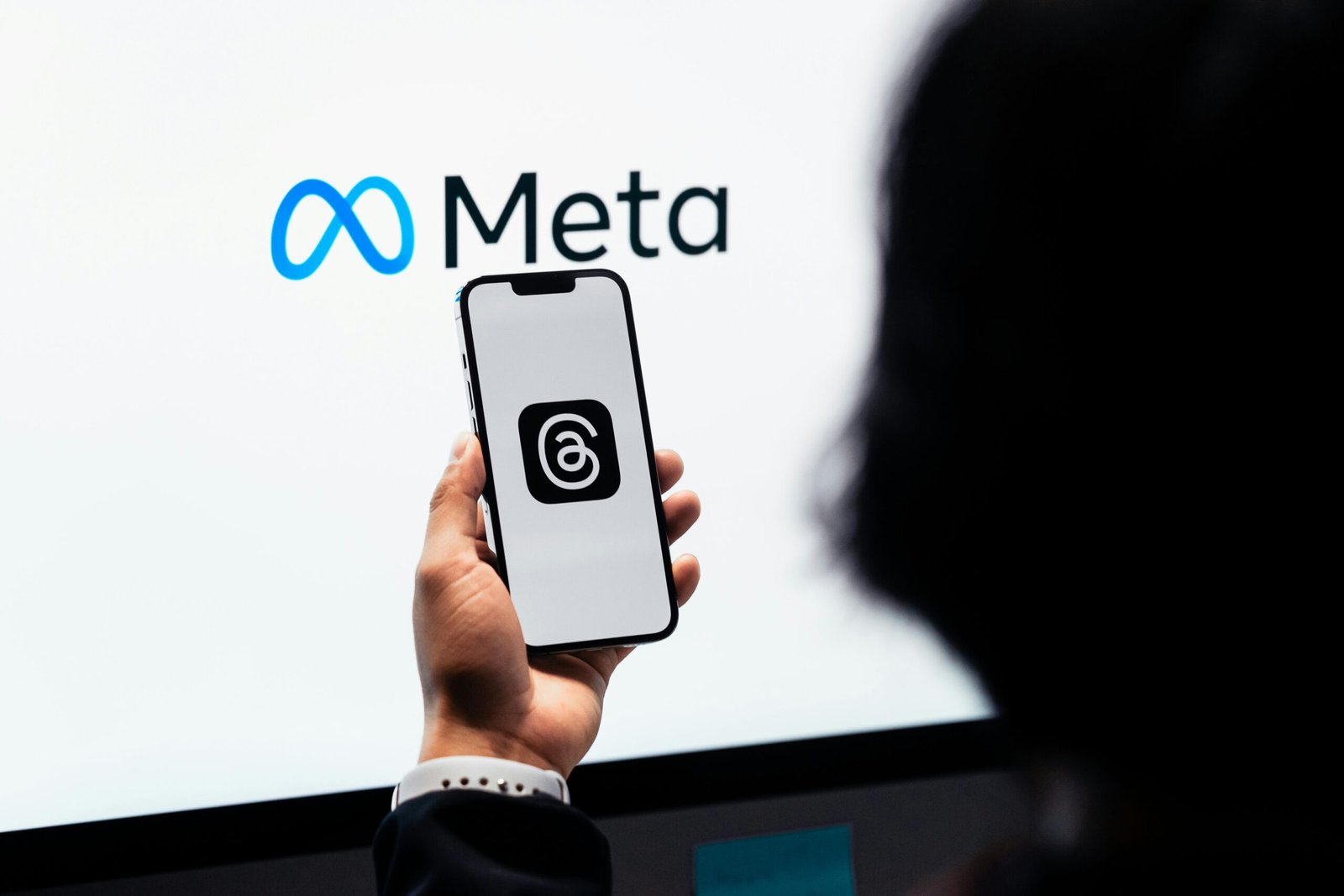Meta AI Achieves 400 Million Users, Closing Gap with ChatGPT
Introduction
In the fast-paced world of artificial intelligence (AI), competition is fierce, and two of the biggest names making waves are Meta AI and ChatGPT. With Meta AI recently reaching a staggering 400 millions monthly active users, it has become a serious contender, narrowing the gap with ChatGPT. This article explores Meta AI’s meteoric rise, the competition with ChatGPT, and what this milestone means for the future of AI.
What Mark Zuckerberg Says
Mark Zuckerberg, the CEO of Meta, announced that the company’s AI assistant, Meta AI, has now exceeded 400 million active monthly users.
Zuckerberg also shared that around 185 million people are using the chatbot every week. This fast growth highlights Meta AI’s rising popularity as it competes with leading AI chatbots like OpenAI’s ChatGPT, Google’s Gemini, and Microsoft’s Copilot.
Zuckerberg mentioned in a post on Threads that Meta AI is growing rapidly, and the company hasn’t even launched it in the UK, Brazil, or the European Union yet.

Zuckerberg has previously shared his goal of making Meta AI the most widely used AI assistant by the end of the year. Based on current user numbers, Meta AI seems to be on the right path to reach that target. Meanwhile, ChatGPT, the leading competitor, has reported over 200 million weekly users.
OpenAI spokesperson Taya Christianson Reply
Recently, OpenAI revealed that its AI chatbot now has over 200 million weekly active users, doubling its user base in less than a year. In November 2023, the company reported 100 million weekly users. OpenAI spokesperson Taya Christianson confirmed this to The Verge, also noting that 92% of Fortune 500 companies are using OpenAI’s products. Additionally, the use of its automated API, which enables software programs to communicate, has doubled since the release of ChatGPT-4o mini in July.
It’s worth noting that Meta’s chatbot is built into its suite of apps, such as WhatsApp, Facebook, Messenger, and Instagram, which together have around 3 billion daily users. In contrast, ChatGPT operates as a standalone app.
The Rise of Meta AI
Meta, the company behind platforms like Facebook, Instagram, and WhatsApp, has long had its eyes on the AI sector. While it was primarily known for its social media dominance, Meta’s investment in AI research began several years ago. Starting with basic machine learning tools and evolving into one of the most sophisticated AI systems, Meta AI now serves millions of users worldwide.
Key milestones in Meta AI’s journey include the development of cutting-edge AI models capable of understanding complex human language, advanced personalization algorithms, and seamless integration into Meta’s social media ecosystem. This combination has fueled its rapid adoption, pushing the platform toward the significant milestone of 400 million users.
User Growth Breakdown
Meta AI’s growth trajectory has been nothing short of remarkable. In just a few years, it has managed to amass 400 million users, a feat achieved through a combination of factors. From the initial beta phases to full public rollouts, Meta utilized its massive social media network to promote its AI, making it more accessible to users across various platforms.
This success is largely attributed to the strategic integration of AI into Meta’s existing platforms. Features like AI-driven content recommendations, enhanced user experience, and tailored advertisements helped attract millions of users who are now dependent on the AI for daily tasks.
Meta AI’s Unique Features
Meta AI stands out in the crowded AI space thanks to its unique blend of features. One of the most significant advantages is its ability to offer highly personalized experiences based on users’ activities across Facebook, Instagram, and WhatsApp. This personalization includes tailored newsfeeds, shopping suggestions, and even friend recommendations.
Furthermore, Meta AI leverages advanced AI technologies, including natural language processing (NLP) and deep learning, to offer intuitive and seamless user interactions. Its integration with other Meta-owned services gives it a reach that few other AI systems can match.
Challenges Faced by Meta AI
Like any tech product, Meta AI faced its fair share of challenges. Initially, users were skeptical about trusting an AI system integrated into social media, particularly given Meta’s past controversies around privacy and data handling. Overcoming this skepticism required Meta to take significant steps in ensuring transparency and building trust.
On the technical front, scaling AI systems to handle billions of user interactions daily posed another challenge. However, Meta’s advanced infrastructure and continued investment in AI research allowed it to overcome these hurdles efficiently.
Impact on AI Development and Innovation
Meta AI’s growth has had a profound impact on the broader AI industry. By integrating AI into social media, it has not only made AI more accessible but also pushed the boundaries of what AI can achieve in terms of real-time user interaction and engagement. As Meta continues to innovate, it is setting new standards for AI-powered user experiences.
The Future of Meta AI
With 400 million users under its belt, Meta AI shows no signs of slowing down. Meta plans to expand its AI capabilities further, introducing more features, enhancing personalization, and improving user interactions across its platforms. Given its trajectory, it’s only a matter of time before Meta AI surpasses ChatGPT in terms of user numbers and influence in the AI market.
Conclusion
Meta AI’s achievement of 400 million users is a significant milestone, showcasing its rapid rise in the AI space and its potential to rival ChatGPT. With its deep integration into social media platforms, innovative AI features, and continuous user growth, Meta AI is poised to shape the future of AI development.
